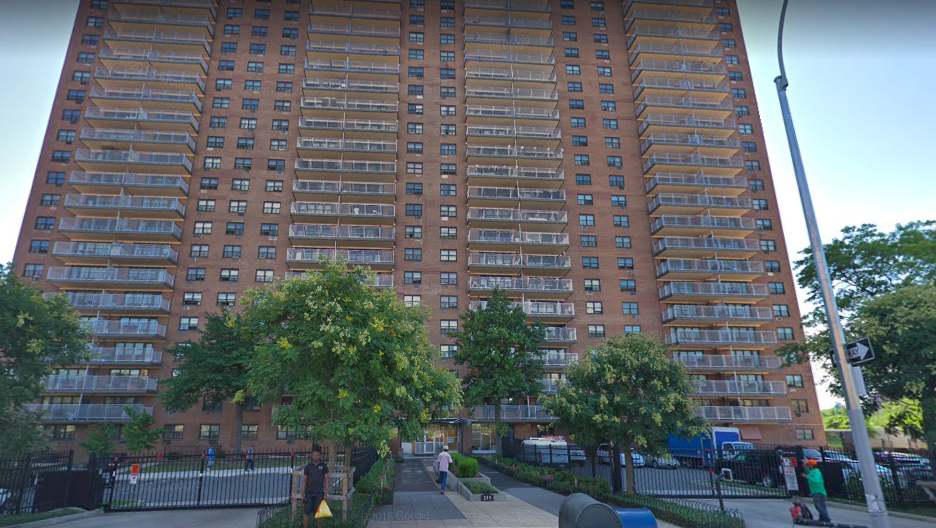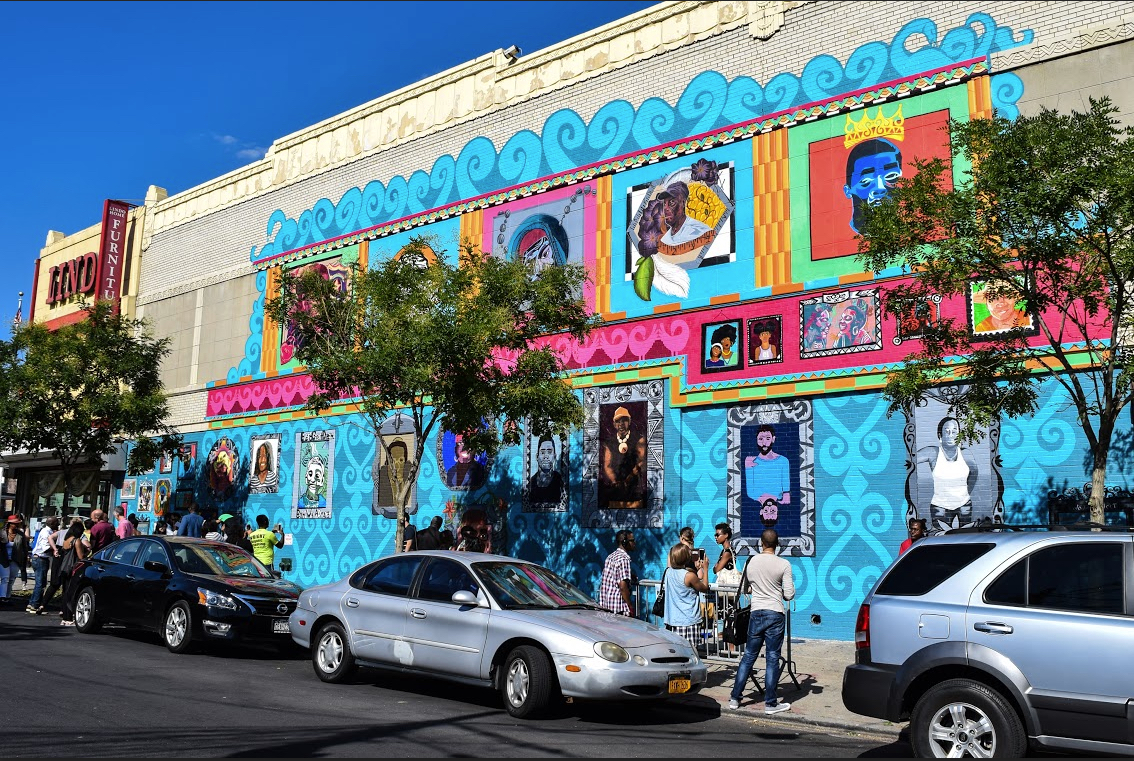Fighting facial recognition tech, new bill would mandate keys

A new City Council bill set to be introduced next week would require that landlords at all residential buildings provide physical keys to their tenants, combating recent use of facial recognition technology at low-income housing developments across the city.
City Council member Brad Lander, a member of the Committee on Technology, is sponsoring the KEYS (Keep Entry to Your home Surveillance-free) Act, which underscores recent frustration from tenants citywide who contend that the installation at their buildings of facial recognition, biometric scanning and other “smart” key technology has led to privacy and accessibility issues, instead of greater security protections.
This past March, tenants at Atlantic Plaza Towers in Brownsville began fighting their landlord, Nelson Management Group, over the proposed installation of facial recognition technology (called StoneLock) at their 718-unit rent-stabilized building. The residents filed a formal legal complaint with New York State’s Homes and Community Renewal — the state agency with oversight of rent-regulated housing — in May, citing civil rights concerns and privacy issues.
